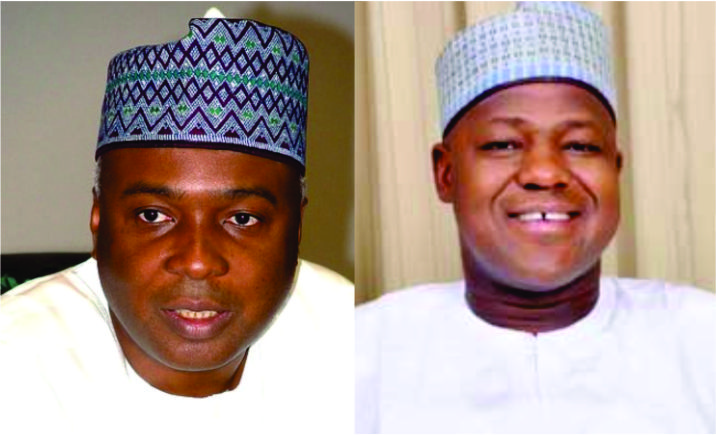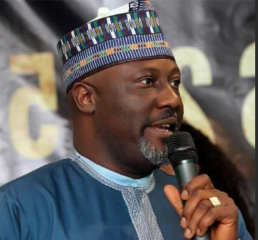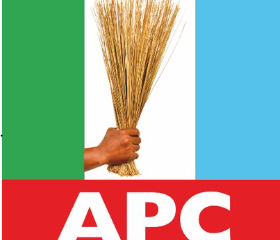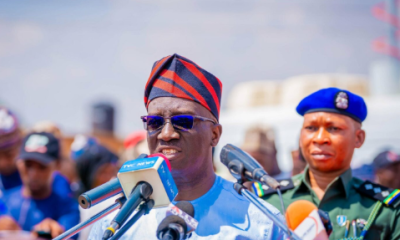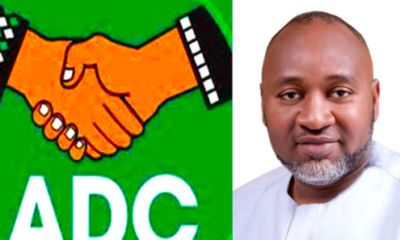• Ugly experience worrisome — CLO
• Opposition making idle case — Jaji, Ojodu LCDA boss
By SUNDAY ODIBASHI
THE early controversies in the National Assembly trailing the 2016 budget have put to test the quality of service delivery by the National Assembly bureaucracy. Many stakeholders in the polity have expressed consternation over the report that the budget presented by President Muhammadu Buhari to both chambers of the National Assembly was missing. Thereafter, the President of the Senate, Dr. Abubakar Bukola Saraki, attempting to bring the confusion under control, said that the lawmakers had two versions of the budget.
Leaders of the Peoples Democratic Party (PDP), in midst of the impasse, advocated for the impeachment of President Buhari; this generated further political crisis between the PDP and the All Progressives Congress (APC).
Speaking to National Daily on the budget mix-up, Comrade Ibuchukwu Ezike, Executive Director of the Civil Liberties Organization (CLO), said that the budget confusion is worrisome. He remarked that this is the first time Nigerians hear of this kind of ugly experience in managing the affairs of the country. The CLO Executive Director said that the incidence of missing budget is most unfortunate at this stage of governance of change that APC promised Nigerians.
Ibuchukwu expressed the hope that the leadership of the National Assembly and the President should reconcile whatever differences that may exist in the budget to move the country forward.
The CLO Director was also of the view that the call for the impeachment of President Buhari was too premature. He said that such action may be considered only after thorough investigation had been conducted and the true situation is ascertained. According Ibuchukwu, “if the controversy was intended to deceive the National Assembly, then, the law should take its course; but if it is a mistake, it should be noted while the lawmakers should proceed with their duties.”
Speaking also to National Daily, Ahmed Jaji, Executive Secretary of Ojodu Local Council Development Area (LCDA), Lagos State, said that there was nothing like missing budget. He stated that the President made budget presentation to the National Assembly, which was recorded. Jaji contended that it is not the duty of the President to make the budget available to members of the two chambers of the National Assembly. He maintained that it is the duty of National Assembly bureaucracy to make the budget document available to the members.
Jaji also emphasized that the call for the impeachment of the President was misplaced. According to him, “the opposition has not had too many things to talk, so, they are just raising issues where there is nothing; that is the work of the demagogues.”
Ita Enang, Senior Special Assistant to President Buhari on National Assembly (Senate) was alleged to have submitted another budget proposal to the lawmakers which was different from the budget presented by the President in December 2015. Enang, however, refrained from making any comment, remarking that it is a sensitive issue.
Also, Sumaiala Kawu, Senior Special Assistant to the President on National Assembly (House of Representatives), was said to have simply noted that the budget controversy is “laughable”.
“It is a surprise to us and Mr. President, in particular, it is laughable. We just laughed when we heard of it,” Kawu had said.
The controversy is, generally, ridiculous. Simple inter-governmental relations would have resolved the issue without public notice. Senate President Saraki held a closed door meeting with President Buhari last week; such meeting is usually the appropriate forum to handle budget processes or adjustments, when necessary, in civilized democracy.
What the budget controversy has shown, beside some inconsistencies in the judiciary in handling some elections and corruption cases, is the absence of precise framework of inter-governmental relations between the three arms of government; by extension, poor staffing in the bureaucracy.

 Health1 week ago
Health1 week ago
 Latest1 week ago
Latest1 week ago
 Health7 days ago
Health7 days ago
 Football7 days ago
Football7 days ago
 News1 week ago
News1 week ago
 Latest1 week ago
Latest1 week ago
 News1 week ago
News1 week ago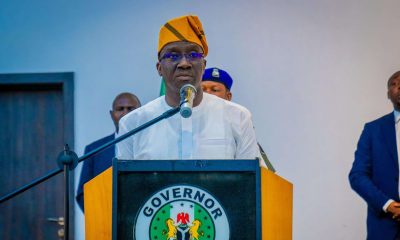
 Latest1 week ago
Latest1 week ago
